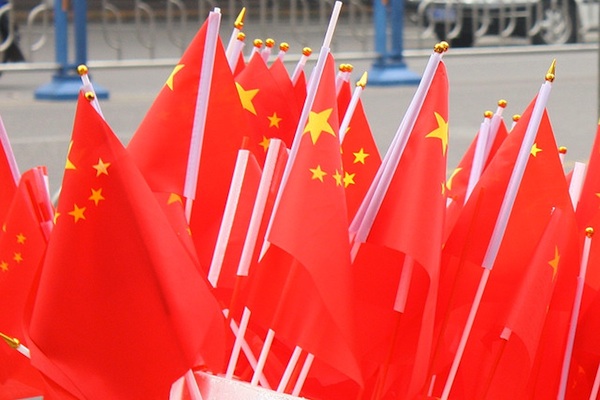

China, for as much as we continue to learn about it — its future leaders, how it makes the gadgets we depend on, its human rights issues — remains an enigma for most Americans. What media coverage there is tends, as much journalism does, to focus on the official channels — government moves, economic shifts, and the like.
But what about day-to-day China, a subject difficult for many western news organizations to report on? Tea Leaf Nation is an attempt to get down to a more human level. That’s because the fledgling news site is sourced exclusively from social networks inside the country. Much in the same way online producers, curators, and other editors mine the depths of Twitter and Facebook for story ideas here — and how Global Voices assembles and amplifies citizen media around the world — Tea Leaf Nation’s editors use sites like Sina Weibo, Tencent Weibo, and Tianya to search for what Chinese people are talking about.
Tea Leaf Nation bills itself as an online magazine that wants to inject the voice of Chinese citizens into news about the country. Some examples:
(It’s worth noting that, because Chinese characters are so much more information-dense than English letters, a single weibo update can carry a significantly longer thought than a single English-language tweet can.)
Since launching around the first of the year, posts from Tea Leaf Nation have been linked to by The New York Times and The Wall Street Journal among others, meaning they’re having some success reaching an audience of China-interested journalists.
Tea Leaf Nation is a test of how well the idea of a foreign-language curator can work as a supplement to actual correspondents on the ground. “I think our primary motivation is just to raise the quality of information available about China, particularly in the United States,” said David Wertime, editor of the site.
What better way to do that than take advantage of the information that is already out there, but is normally inaccessible to journalists because of language and cultural barriers? Wertime is based in D.C., while his two colleagues are based out of China. Together, the three of them scan messages and updates across various in-country networks to find what stories people are talking about, and then use that information to create posts. The value in following those services is the window it provides into everyday China. As Wertime says: “A lot of what’s on Weibo is people talking about what’s on TV or Jeremy Lin’s latest game.”
Like any good curator, Wertime and his collaborators try to track trends and monitor what notable people are talking about during the day. “There’s all sorts of amazing, unbelievable, and heart-rending stories that come out of China on a daily basis. It’s an endless fount of news,” he said. “We don’t have a particular mechanical approach. We each have our own way of going about it.”
Verification and confirmation are still the most important factors for Tea Leaf Nation when considering sources. That’s especially true when trying to determine if sources are what Wertime calls “50 Cent posters,” a term for people hired to spread pro-government messages online. (Again, a practice not entirely unheard of in the U.S. when it comes to campaign season.)
The other problem is a little bigger — namely the pervasive threat of censorship from the Chinese government itself, either in suppressing information or limiting it in small ways. Wertime said that could mean outright blackouts during major events or changes to search results on certain sites, where the number of results fluctuates. For Tea Leaf Nation and its editors, that means being mindful of their presence, particularly using the Chinese social networks in a passive way to not give internet providers, the government or others reasons to limit their access. (That’s also why Wertime’s two partners — who have family ties in the country — are reluctant to publicize their identities.)
In order for the site to grow, they’ll likely need to expand their capacity to mine China’s social networks, either with human eyes or machine intuition, in order to better distill important information as well as verify sources. The site has the feel of an experiment, especially for the founders, who met while all attending Harvard Law School. Their shared interest in China was what spurred them to create the site despite the fact none of them have professional writing or journalism experience. “Given the importance of China, the amount and quality of information available and the understanding of the country is probably not where it needs to be,” Wertime said.
Photo by Jimmiehomeschoolmom used under a Creative Commons license.